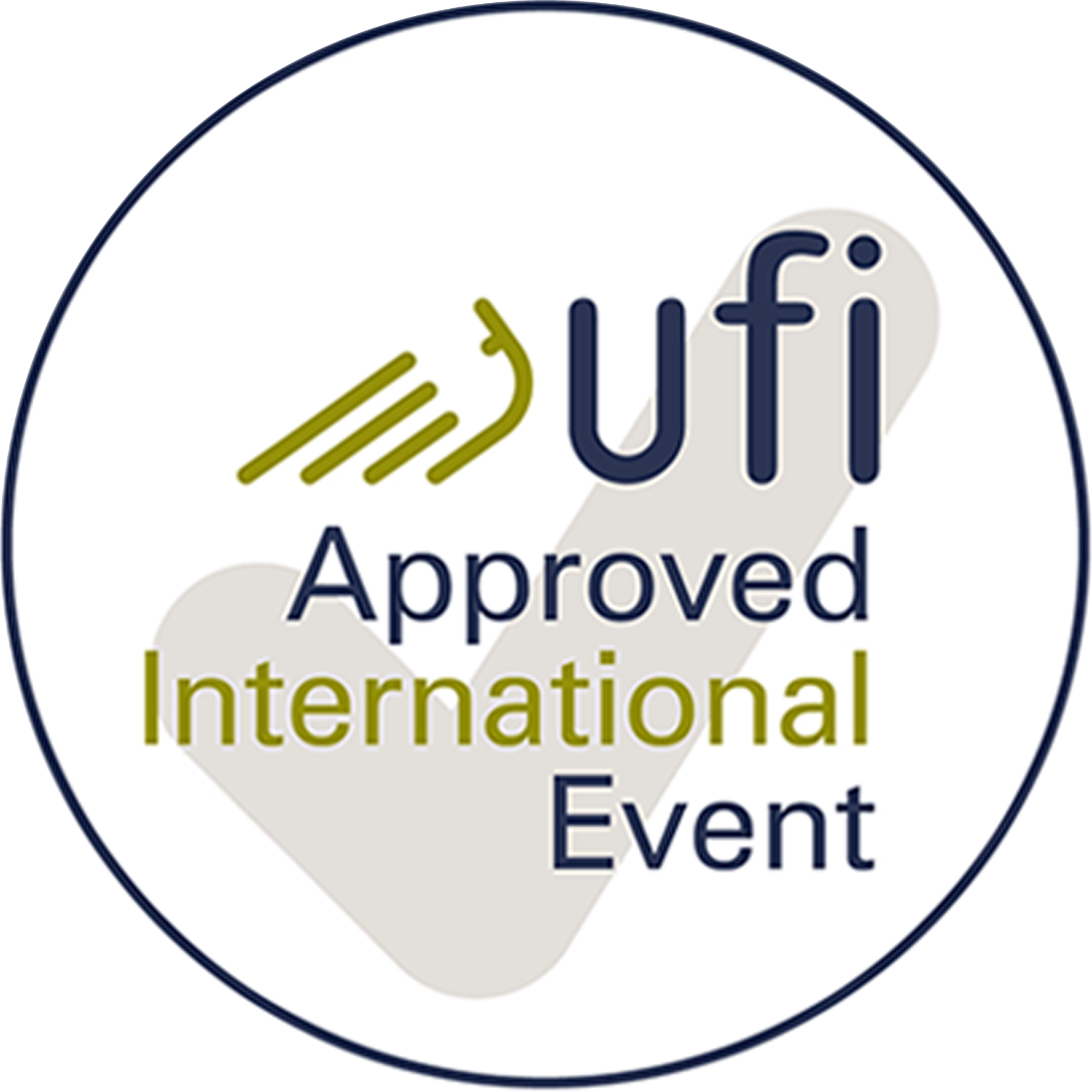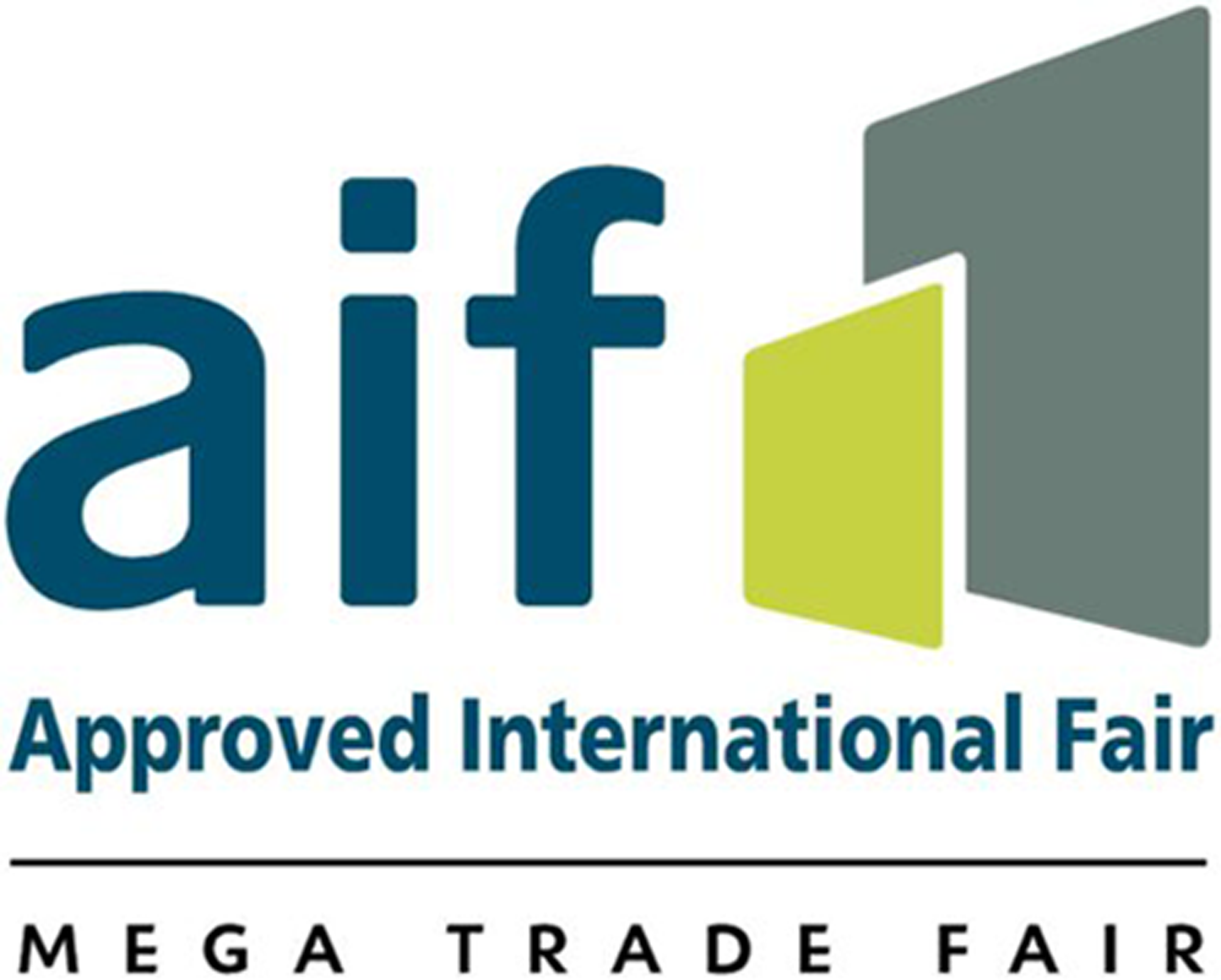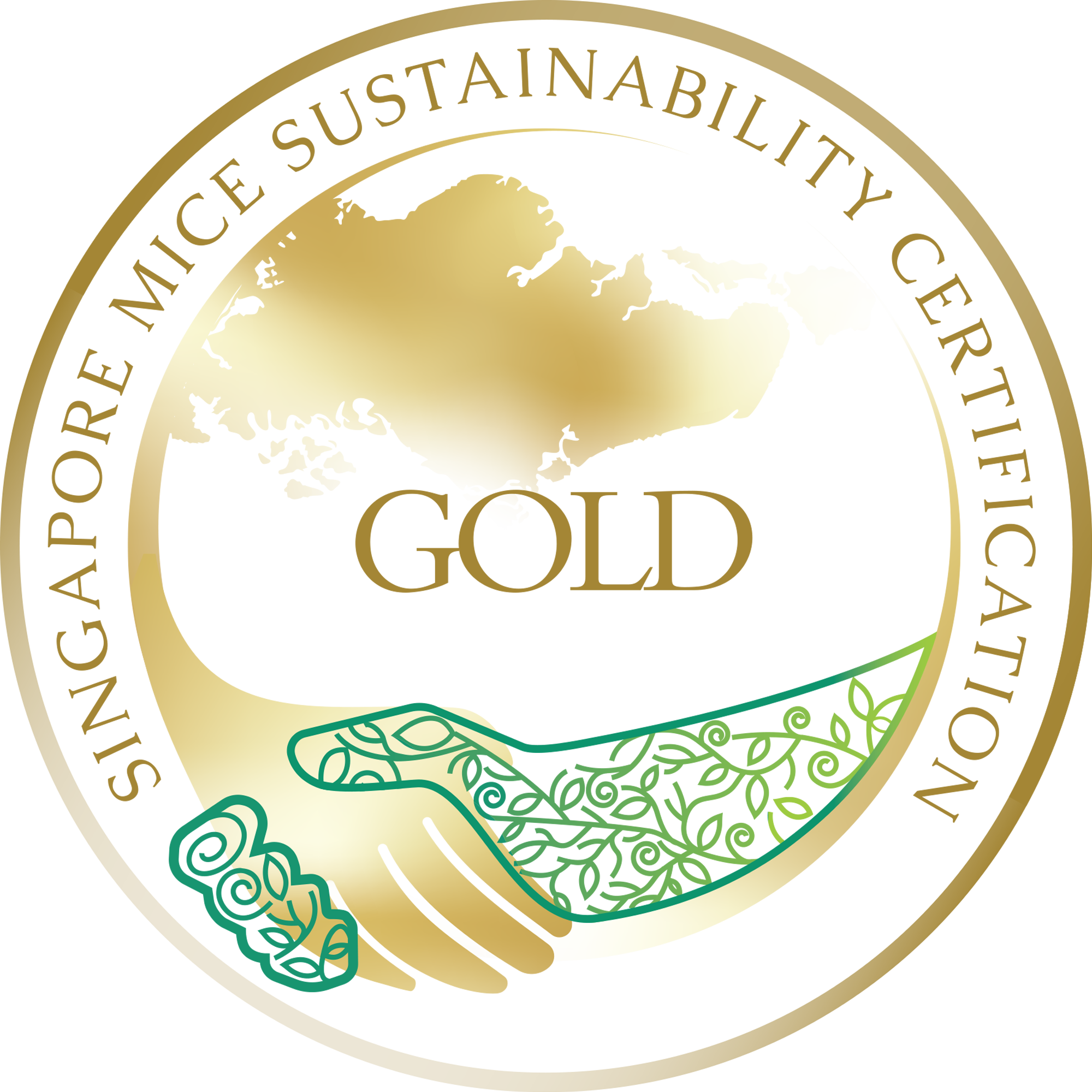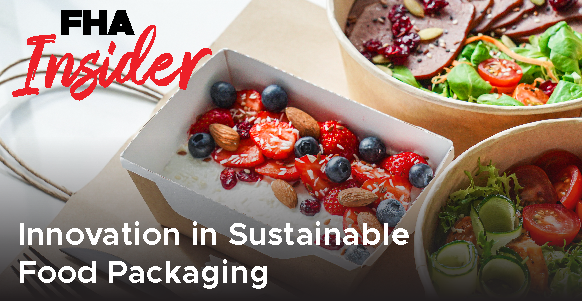
Food packaging provides a way to ensure that food is safe, reliable, clean and shelf-stable. However, they often use a lot of packaging. Besides packaging required to contain the product itself, packaging is also required to protect the items during delivery and handling to ensure that they are in good condition. For example, grocery store items are typically sold in glass, metal, plastic or paper containers, and often wrapped in a few layers. The containers are then packed into plastic or paper grocery bags.
Unfortunately, most food packaging is designed to be single-use and they are typically thrown away rather than reused or recycled. Of the 1.6 million tonnes of domestic waste disposed of in 2018, one-third is made up of packaging. Approximately 55% of the packaging waste was plastic packaging, 25% was paper packaging and the remaining 20% was made up of other packaging materials such as metal and glass, according to data from the Singapore Environment Council.
The problem with food packaging begins at its creation as each form of packaging – plastic, paper, aluminium, glass, uses a lot of resources like energy, water, wood and fibres to produce.
In this article, we highlight some examples of innovation in sustainable food packaging such as containers made of upcycled agricultural and industrial waste and tapping on technology innovation to produce sustainable packaging.
Upcycling agricultural and industrial waste into sustainable packaging
Spent Grains
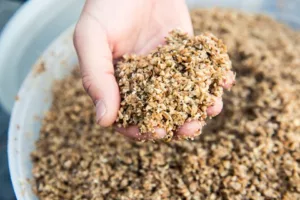
Spent grains are responsible for 85% of the food waste generated by the brewery industry. The grain is deemed “spent” as it cannot be used to make any more beer because most of the starches have been extracted by the brewery to provide fermentable sugars to the yeast. Local start-up, Alterpacks turns spent grains into reusable food containers that are freezer and microwave friendly.
Bagasse
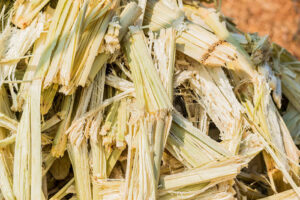
Bagasse, also known as sugarcane pulp, is the fibrous substance that remains after the sugarcane plant is harvested for its juice. Sugarcane pulp is a by-product of the sugar-refining industry. BioPak combines the sugarcane pulp with other plant-based pulp to create “plant-fibre” used in their BioCane range. Biopak says that that their BioCane plant fibre packaging is certified home and industrially compostable according to Australian standards. The bagasse packaging, along with the food waste it contains, will break down into a nutrient-rich compost that can be used as fertiliser or soil conditioner. One exception is BioCane products with PFAS, a greaseproof additive that is commonly used in the foodservice industry which cannot be home composted. Sugarcane tableware produced by local firm Eco U is said to take 3 months to decompose compared to 9 months for starch-based products.
Cassava

Made of recycled industrial water cassava roots, Green Lab’s Cassa180 bag is entirely biodegradable and compostable. The bag takes 3 minutes to disintegrate in boiling water and 180 days in the ground. Thailand-based Universal Biopack makes packaging using a mixture of bamboo and cassava, crops that are widely found across the country. It uses bamboo from leftover scraps from the chopstick manufacturing process.
Tapping on technology and scientific innovation
New plastic packaging material with recyclable barrier coating
Most food packaging used today is not easy to recycle. For example, frozen food packaging uses two different layers of plastics – nylon and low-density polyethylene (PE), creating a protective barrier to keep food fresh. These two different layers of plastics must be separated before it can be recycled.
Tobe Packaging Industries, a local packaging company has developed a pure PE material that can be applied with a recyclable barrier coating, developed and supplied by Aegis Packaging. This new material was tested to have a higher oxygen barrier property which means that food packaged will have a longer shelf life.
Closed loop system for single-use foodware and food waste
Singapore-based sustainable food packaging firm, TRIA provides a closed loop solution that ensures the waste from single-use foodware and food waste gets renewed. Their food packaging solution is made of a bioactive polyester derived from plant-based sources that breaks down upon deactivation in their Bio24 Digestor, reducing the packaging waste to compost in just 24 hours. After 24 hours in the digestor, foodware and food waste are turned into nutrient-enriched, organic compost to be packed and sent to farms.
There is an urgent need for businesses to explore more sustainable options for packaging. We have seen new entrants disrupt the traditional packaging industry by upcycling industrial and agricultural waste into sustainable packaging solutions. According to a Singapore Environmental Council study on sustainable packaging in Singapore, there are immediate opportunities for manufacturers and suppliers to redesign packaging and reduce the use of materials. At the same time, consumer awareness and education on what can be recycled and how to recycle properly is pivotal to achieving sustainability in the packaging industry.
Do you have a sustainable packaging product to showcase?
FHA – Food and Beverage returns next year on 23-26 April 2024 at Singapore Expo. With a line-up of leading global suppliers, industry professionals can anticipate the most extensive showcase of trending F&B and hospitality products and solutions, cutting-edge technologies for food & drinks manufacturing, and more at the mega event. Contact us to get involved.





